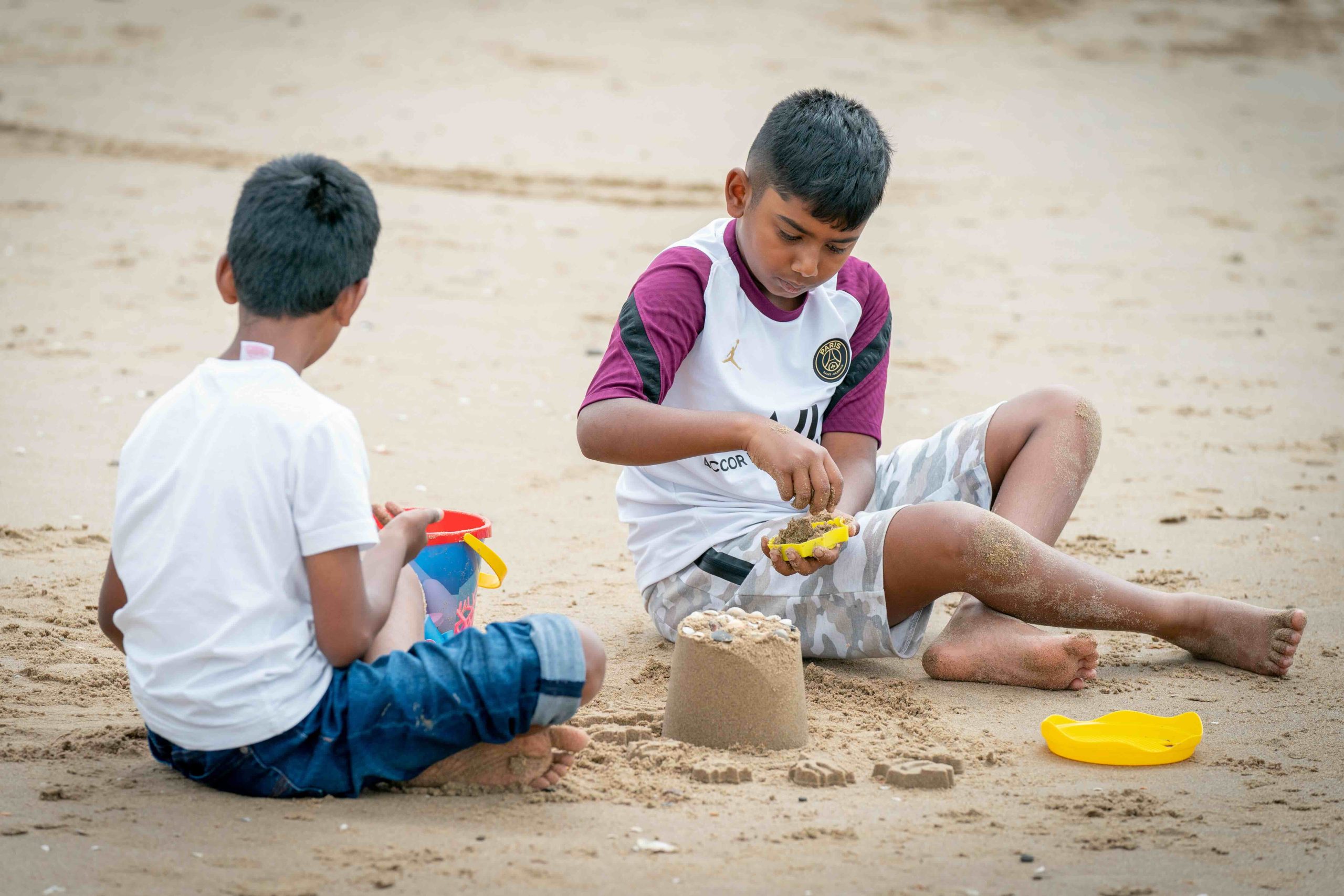All about play
Screen time for teenagers
Many families want to find a reasonable balance between time spent on screens and time for all the other fun, active and social stuff your child can do.
Screen time positives and negatives
Screen time can create positive opportunities for:
- social circles and friendship
- information and learning
- entertainment and enjoyment.
Screen time can also have a negative impact on:
- health and activity
- family time
- social connections
- quality of sleep
- eyesight.
Alternatives to screen time – especially outdoors
It is good to balance screen time with plenty of time for playing and socialising, especially outdoors. Some of the benefits include:
- focusing your eyes on things at different distances – this can help prevent problems with eyesight
- being physically active everyday – this keeps hearts and bodies healthy
- playing with other children and adults – this develops social and communications skills
- playing with things – this develops an understanding of the world.
Things for everyone in the family to think about
Keep moving
- Encourage your child or teenager to get up and move about as often as possible.
- Try out things that can help to balance screen time, for example setting alarms on phones to remind you to take a break and move around.
Make meal times screen-free
- Expand the screen-free time – don’t rush a meal to get back to screens.
- Go for a walk, have a chat, play cards or a board game after a meal.
- Involve your child or teenager in preparing meals and clearing up afterwards.
Plan together
- Have a discussion with your child or teenager about how long it’s okay to use screens – and help them stick to the plan.
- Use timers on routers, or agree that all devices – including yours – will be in a particular place (like a basket) at set times, for example overnight.
- Set an example. Put your own phone or other devices away and give your child or teenager your full attention.
Sleep well
- Avoid screens for an hour before bedtime.
- Keep bedrooms as screen-free as possible.
- Take an evening walk together.
- Tell bedtime stories.
- Find relaxing bedtime routines that work for you.
Stay aware
- Be aware, but not intrusive or judgmental, when it comes to your teenager’s use of the internet.
- Keep an eye on what your child is doing on the internet and what online games they are playing to make sure they don’t access content that is inappropriate or harmful.
Remember, young children need face-to-face social interaction to develop language and other skills. Screens can’t replace this.













